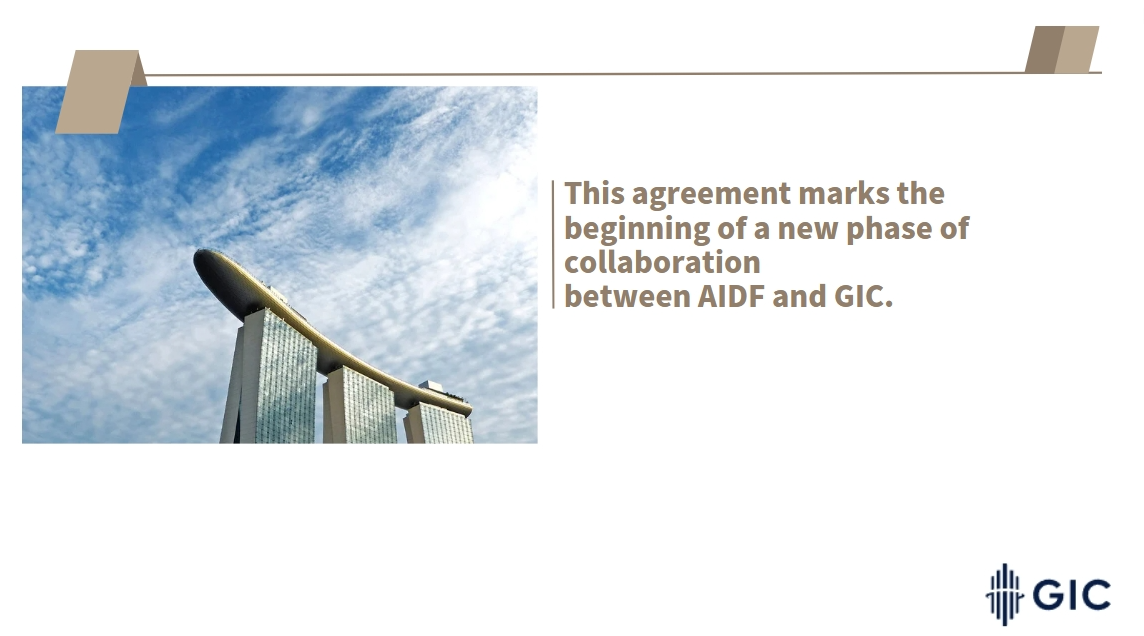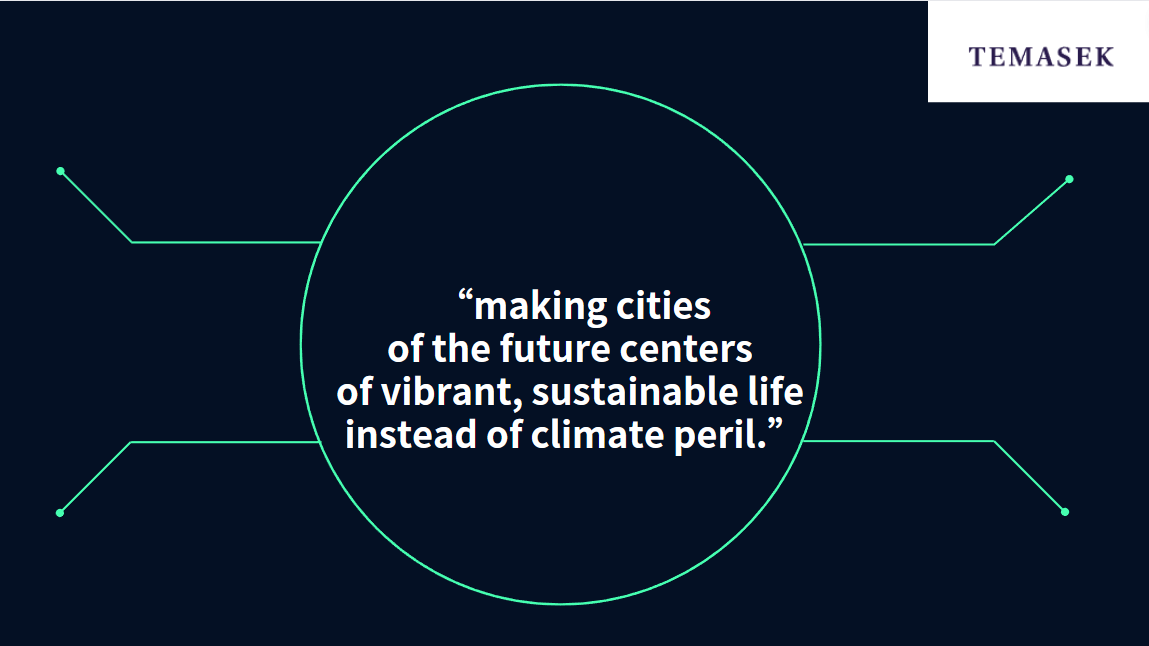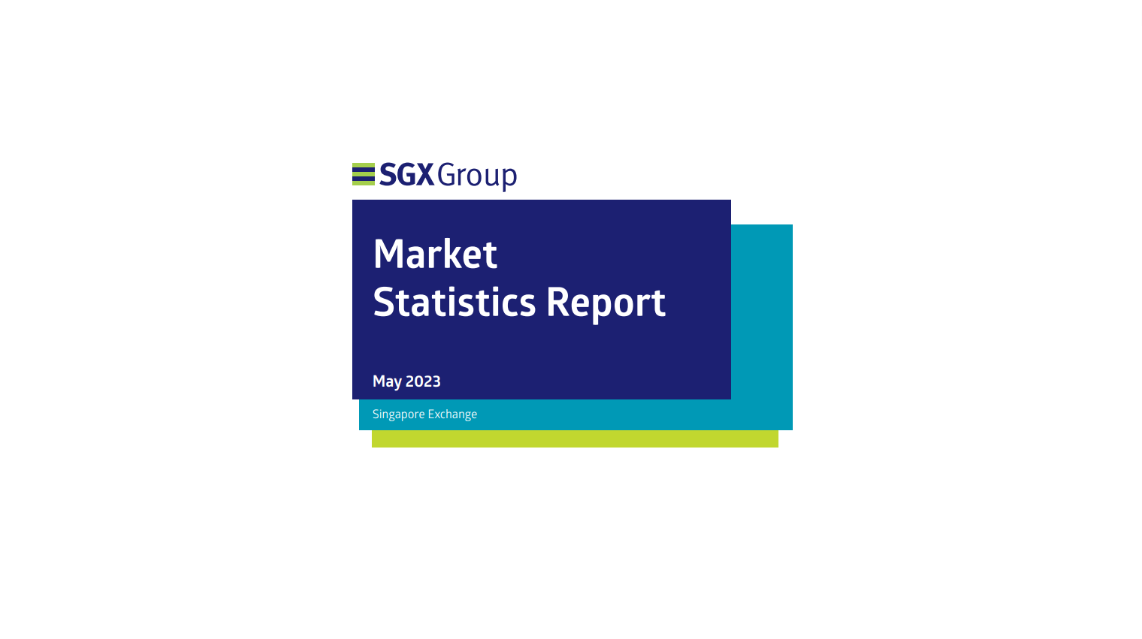”Asia is an important part of the transition equation“
Ms Indranee Rajah, Minister in the Prime Minister’s Office, Second Minister for Finance and Second Minister for National Development, ladies and gentlemen, good morning. Thank you to ICMA for organising this event in Singapore.
Asia is an important part of the transition equation
For such a flagship global event to be held in Asia speaks volumes on the importance of this region in net zero transition. Globally, close to 150 countries have a net zero target, working out to about 92% of global GDP committed to net zero.
As a region, Asia is growing faster than the rest of the world. The weight of Asia in global GDP continues to rise and is expected to reach about 40% by 2040. At the same time, half of global emissions come from Asia.
One of the key challenges in Asia is balancing growth and prosperity for people, and emissions-reduction, which are sometimes at odds with each other. What is also clear is that more funding is needed in this part of the world. By 2030, US$16 trillion needs to be mobilised in Asia Pacific.
Role of Bond Markets in Decarbonisation and Net Transition
The bond market, one of the world’s largest capital markets, plays a crucial role in mobilising capital towards decarbonisation and net transition. This is evident from the development of industry efforts, like the Principles, that have supported the accelerated growth of the green and sustainable bond markets.
SGX Group, as the leading listing venue for international G3 currency bonds in APAC, has been ramping up our sustainable fixed income initiatives, including actively engaging and educating the market on green and sustainable bonds. Today, more than half of APAC’s G3 currency green, social, sustainability, sustainability linked bonds, or for short, GSSS bonds, are listed on SGX.
In the past year, GSSS bonds have grown to almost 20% of all bond listings on SGX, majority of which adopts the Principles. Notwithstanding the lower global bond issuance volumes due to macro conditions, it is noteworthy that Asian GSSS bonds, as a proportion of total Asian bond issuances, continue to inch upwards.
The sustainable bond market, however, has to raise its growth trajectory and channel more funds to where it is urgently needed – that is, decarbonisation and transition efforts. Most of such funding today is channeled to projects that are already green or sustainable. This needs to change in the Asian context, given that Asia’s growth path is highly dependent on fossil fuels as an energy source.
Mobilising Capital for Transition
To effectively mobilise capital for transition, three elements are vital:
a) Frameworks that take into context companies’ transition strategy, materiality and effective governance;
b) Science-based metrics and targets; as well as
c) Implementation (within the business) and transparency.
Therefore, we welcome the Principles’ efforts to work with the industry to continuously update the Climate Transition Finance Handbook and the Sustainability-Linked Bond Principles.
Such transition financing tools and guidance are essential and complementary to global transition initiatives. Initiatives such as the MAS’ Finance for Net Zero Plan, UK’s Transition Plan Taskforce, and GFANZ’s Financial Institution Net-Zero Transition Plan Framework and Guidance, all serve to support the collective ambition to catalyse decarbonisation and net zero transition.
Tools such as the Principles also augment government and national taxonomy efforts, especially as taxonomies move from conceptualisation to implementation and seek to provide guidance around how sustainable and transition activities are classified.
Role of SGX Group in Transition Finance
As an international multi-asset exchange at the centre of the market ecosystem, SGX Group plays a key role in facilitating the flow of capital towards transition.
Increasingly, bond issuer level information is becoming more important as investors and financiers take a closer look at company-level transition plans and actions. As such, disclosure and data will have to be the bedrock of transition financing.
Harmonisation of disclosure standards efforts, such as ISSB (International Sustainability Standards Board)’s inaugural global sustainability and climate disclosure standards, will support a ‘common language’ that is essential for capital markets.
On SGX’s part, we strive to ensure that disclosures and data are reliable, consistent and comparable. On disclosures, our Sustainable Fixed Income Initiative provides confidence that fixed income securities recognised by SGX meet criteria for green, social or sustainability fixed income securities under international standards and reporting requirements such as the Principles, and have been independently verified. We have also mandated sustainability reporting for SGX-listed companies since 2016. Last year, we introduced a phased approach to mandatory climate reporting based on TCFD’s recommendations.
We will look into incorporating the ISSB standards into our listing rules as mandatory disclosure requirements for our listed companies. In preparation for this process, SGX RegCo has set up a Sustainability Reporting Advisory Committee together with the Accounting and Corporate Regulatory Authority (ACRA). The committee comprises all our major stakeholders to ensure a smooth and practical implementation tailored to our market.
On data, yesterday, SGX and MAS announced our collaboration with the Climate Data Steering Committee (CDSC), to strengthen global access to climate transition-related data. ESGenome, a digital portal launched by SGX and MAS for sustainability reporting, will allow reporting companies to transmit their Scope 1, 2 and 3 greenhouse gas (GHG) emissions data to CDSC’s Net Zero Data Public Utility (NZDPU). Work is also underway to extend ESGenome’s capabilities to support disclosures by the broader corporate universe, notably small and medium-sized enterprises (SMEs). This collaboration is a significant step towards allocating public and private capital towards financing transition.
Ecosystem Collaboration and Development
As you can see, these are not standalone achievements. Many of these initiatives involve industry collaborations, ecosystem engagement and capacity development. By sitting at the centre of the financial ecosystem, SGX is in a unique position to promote partnerships and education in the implementation and adoption of regulations and solutions.
The journey ahead will be complex, especially in APAC which is diverse in economic, environmental, social goals and transition progress. SGX will continue to proactively engage in regional and global conversations to drive collaboration.
One example is through GFANZ. As one of the founding signatories of the Net Zero Financial Service Providers Alliance, we have anchored the set-up of the GFANZ APAC Network Central Office at our premises. We hope to enhance coordination across financial institutions and service providers, as well as engage with policy-makers and standard setters.
Closing
All of us here play a role in the road to an inclusive net-zero transition. By adopting a multi-stakeholder approach, with a collaborative mindset, Asia can promote sustainable development, attract investments, and make a meaningful contribution to the global transition.
With this, may I wish you all a fruitful conference ahead. Thank you.























































First, please LoginComment After ~